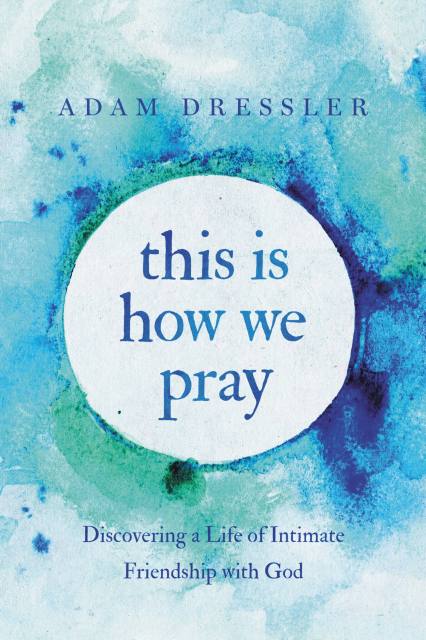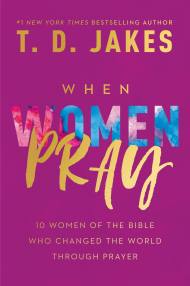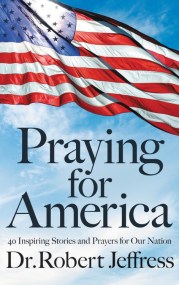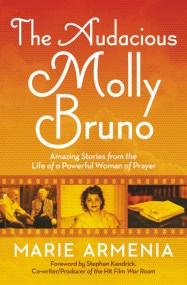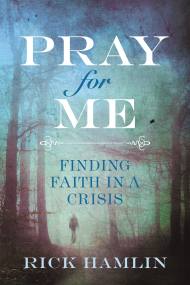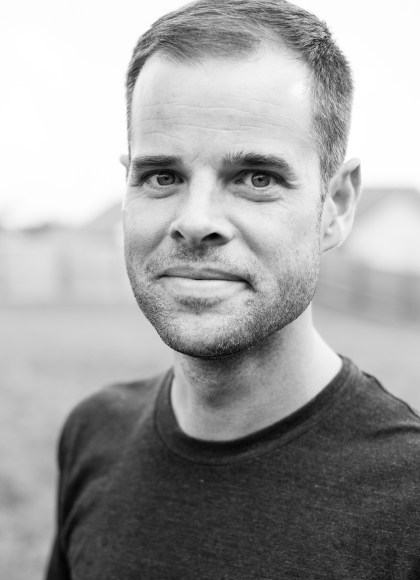By clicking “Accept,” you agree to the use of cookies and similar technologies on your device as set forth in our Cookie Policy and our Privacy Policy. Please note that certain cookies are essential for this website to function properly and do not require user consent to be deployed.
This Is How We Pray
Discovering a Life of Intimate Friendship with God
Contributors
Formats and Prices
- On Sale
- Mar 3, 2020
- Page Count
- 240 pages
- Publisher
- FaithWords
- ISBN-13
- 9781546035053
Price
$16.99Price
$22.99 CADFormat
Format:
- Trade Paperback $16.99 $22.99 CAD
- ebook $11.99 $15.99 CAD
This item is a preorder. Your payment method will be charged immediately, and the product is expected to ship on or around March 3, 2020. This date is subject to change due to shipping delays beyond our control.
Buy from Other Retailers:
This Is How We Pray offers a fresh invitation to examine how we pray. Theology and doctrine can feel overwhelming. And specific devotional practices can feel too limiting. Instead, this book offers a unique and needed perspective on prayer, inviting you into a more intimate friendship with God.
Through personal anecdotes, biblical stories, ancient wisdom, and modern insights from spiritual writers, philosophers, and even cooking documentaries, Adam Dressler walks through the realities we face in the midst of our everyday lives, and then shows how they can direct us towards a deeper friendship with God through our prayers.
God promises to meet with us. This Is How We Pray points to this timeless truth and reminds us that we can experience this promise right where we are.
-
"This Is How We Pray is a beautifully written reminder of how prayer is first and foremost about friendship with God. Dressler doesn't try to prescribe certain prayers, or dive deep into the theology of prayer, instead he shares how prayer can become a vital and important part of our lives, every single day. Go read this book!"Mark Batterson, New York Times best selling author of The Circle Maker, Lead Pastor of National Community Church
-
"Adam goes under the spiritual hood straight to the engine and examines our connection to the true source of strength. The human heart's engagement with God is the most resisted because it has the most potential. This book on prayer aims at nothing less than paradise regained."Jared Anderson, singer/songwriter/worship leader
-
"Adam takes a mysterious and essential subject of the Christian faith, and makes it easy to apply in an honest and practical way. This is a must-read for anyone who wants to deepen & strengthen their prayer life."Matt McCoy, founder of LoopCommunity.com
-
"Prayer is this strange thing that few of us feel we know how to do, yet we all end up doing it anyway. We treat it like algebra, but it's more like breathing. Adam Dressler knows this truth in his bones, and he opens that truth into a million other truths in this wise but easygoing collection of reflections. Dressler won't teach you to pray, exactly, but he will help you see how you're already praying -- and how you're actually made for it, and have been all along."Patton Dodd, co-author of The Prayer Wheel: A Daily Guide to Renewing Your Faith with a Rediscovered Spiritual Practice
-
"Like an experienced trail guide, Dressler meets us where we are and leads us on the journey of prayer with a disarming style and piercing wisdom. He clears through the brush of formulas and rules, keeps us on well-worn paths of intimacy with God, and lifts our eyes to the breathtaking beauty of a deep life with God."Glenn Packiam, author of Discover the Mystery and the forthcoming Blessed Broken Given
Newsletter Signup
By clicking ‘Sign Up,’ I acknowledge that I have read and agree to Hachette Book Group’s Privacy Policy and Terms of Use
